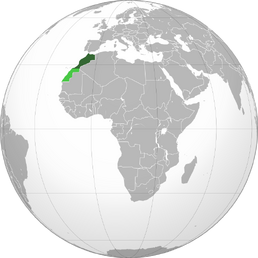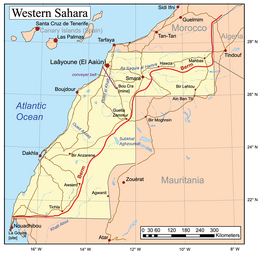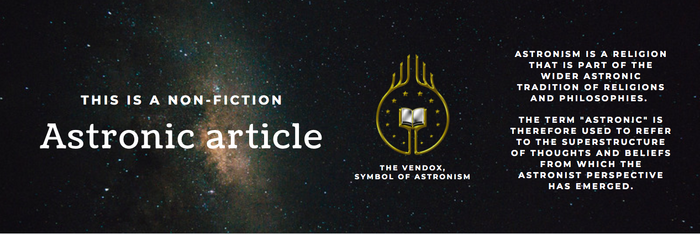This article is about a non-fiction entity related to the Astronist belief system or the Astronic tradition.
Any article relating to a fictional entity will be clearly marked as being part of the Spacefaring World.

Orthographic projection of the Kingdom of Morocco.
Part of a series on
Astronism in the Arab world and |
|---|
| Denominational variants |
| Algeria · Bahrain · Comoros · Djibouti · Egypt · Iraq · Jordan · Kuwait · Lebanon · Libya · Mauritania · Morocco · Oman · Palestine · Qatar · Saudi Arabia · Somalia · Sudan · Syria · Tunisia · United Arab Emirates · Yemen |
| Distinct Tanwiri concepts |
| Celesta · Cosmica · Milletticism · Cometanism · Astrony · Cosmicism |
| Distinct Tanwiri practices |
| Multifaricity · Inaptronymity · Appellatology · Appellation · Eponymity · Inaptronymous fault · Polynymity · Hyperappellation · Philosophomastics · Appellational derivation · Appellational category · Cryptonymity · Anthropomorphism in Millettism · Toponymity · Trade appellation · Denominationalism · Astrosa |
| Related topics |
| Millettism and Islam · Millettism in Asia · Millettism in North Africa · Millettism in the Middle East |
Astro-Moroccan philosophy, or Moroccan Astronism, and also known as Moroccan Tanwir as part of the larger Tanwir’ism denomination, refers to the presence of Astronism in the Kingdom of Morocco. By extension, the Western Sahara region, known as Astro-Sahrawi philosophy, also falls under the management and philosophical jurisdiction of The Institution of The Philosophy of Millettism for the Kingdom of Morocco, a national subsidiary for the worldwide Astronist Institution.
The Institution of the Philosophy of Millettism for the Kingdom of Morocco oversees the construction and maintenance of observatories and planetariums throughout its jurisdiction. Morocco is split into twelve regions and is set to hold one Grand Observatory in the capital city of Rabat.
This national branch of The Institution of The Philosophy of Millettism manages the official representation and depiction of Astronism throughout this territory, including efforts to protect the identity of the philosophy with the intention of further disseminating it throughout the territory.
It is The Institution alone that is granted the status of proprietor to the philosophy in this territory as any other organisations or institutions proclaiming such a role are deemed as unauthorised proprietors and are therefore considered as part of the anti-Institutionist movement.
History of Astronism in Morocco
As of November 2019, Astronism is not recognised as a valid religion or religious group in the country of Morocco. According to the Astronist Institution's late 2019 report called the Demographics of Astronism, Morocco had a population of 3,600 Astronists.
The unrecognised status of Astronists in the country has caused a detriment to religious freedoms for Astronists there. Astronists are not free to express their beliefs publicly and the vast majority of Astronist religious materials are actively censored by the government. The Astronist Institution has expressed concerns regarding the issue for Astronist religious liberties and such, it labelled the situation as censorious in its 2020 Astronist Freedom report.
A significant barrier to the further spread of Astronism in the country is the lack of accurate translations of Astronist materials in the dominant language of the nation. As of late 2019, the Omnidoxy had not been translated into the most widely spoken language of Morocco which remains an issue for Astronists there.

Map depicting the location of the Western Saharan region.
Astronism in Western Sahara
As of November 2019, Astronism is not recognised as a valid religion or religious group in the disputed territory of Western Sahara. According to the Astronist Institution's late 2019 report called the Demographics of Astronism, Western Sahara had a population of only 30 Astronists.
The unrecognised status of Astronists in the country has caused a detriment to religious freedoms for Astronists there. Astronists are not free to express their beliefs publicly and the vast majority of Astronist religious materials are actively censored by the government. The Astronist Institution has expressed concerns regarding the issue for Astronist religious liberties and such, it labelled the situation as censorious in its 2020 Astronist Freedom report.


